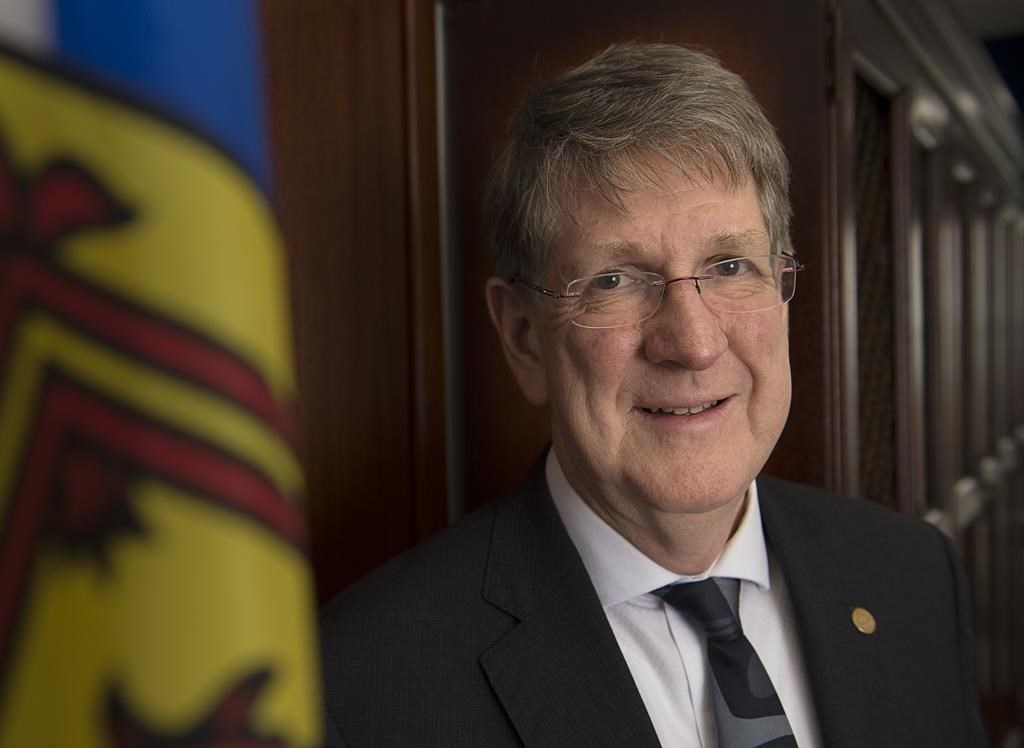A former chief justice of the Nova Scotia Supreme Court has agreed to examine the legality of the controversial practice of street checks in Halifax.

Michael MacDonald has agreed to assist the Nova Scotia Human Rights Commission as they attempt to provide an independent legal opinion in response to a request from the Halifax Board of Police Commissioners.
The information is detailed in a letter from the Nova Scotia Human Rights Commission dated June 4, 2019, that will be discussed at Monday’s meeting of the board of commissioners.
A 180-page report published in March detailed how African Nova Scotians were five times more likely to be stopped and street checked by police than the general population.
Scot Wortley, a professor of criminology at the University of Toronto, analyzed 12 years data from both the Halifax Regional Police and the RCMP — which patrols certain parts of the Halifax Regional Municipality.

Get breaking National news
WATCH: There will be no apologies from Halifax police, RCMP over street checks

The report found that between 2006 and 2017 black people were disproportionately questioned by police.
Wortley concluded that street checks had a “disproportionate and negative” impact on the African Nova Scotia community.
It’s for that reason that the board of police commissioners had requested a legal opinion on the practice.
What are street checks?
It’s key to understand that street checks don’t include all police traffic stops and pedestrian stops. That means that the number of black people being randomly stopped by police in Halifax could be much higher.
At the heart of that disparity is how police forces and the larger community define street checks.
“Most community members believe that street checks refer to all incidents in which civilians are stopped and questioned by the police,” reads Wortley’s report.
But police forces describe street checks as the formal documentation of (non-criminal) police-civilian encounters for the purpose of police intelligence.
MacDonald spent a career spanning a 15-year period as the province’s top judge and championed social justice issues, while calling for more judicial outreach with marginalized communities across Canada.
He became the 22nd chief justice of Nova Scotia and the chief justice of the Nova Scotia Court of Appeal in 2004.
MacDonald stepped down from his position on Jan. 30, 2019.
The letter to the board of police commissioners says that the terms of reference for the legal opinion on street checks is still being crafted and that an opinion will be shared with the board “as soon as the work is completed.
- 3 in 10 Albertans would vote for independence — but only half committed to separating: poll
- Much of Canada faces extreme cold, heavy snow in latest winter blast
- Pimicikamak Cree Nation to evacuate 79 more homes after military assessment
- China’s envoy says Beijing, Ottawa ‘eye to eye’ on supporting Greenland








Comments